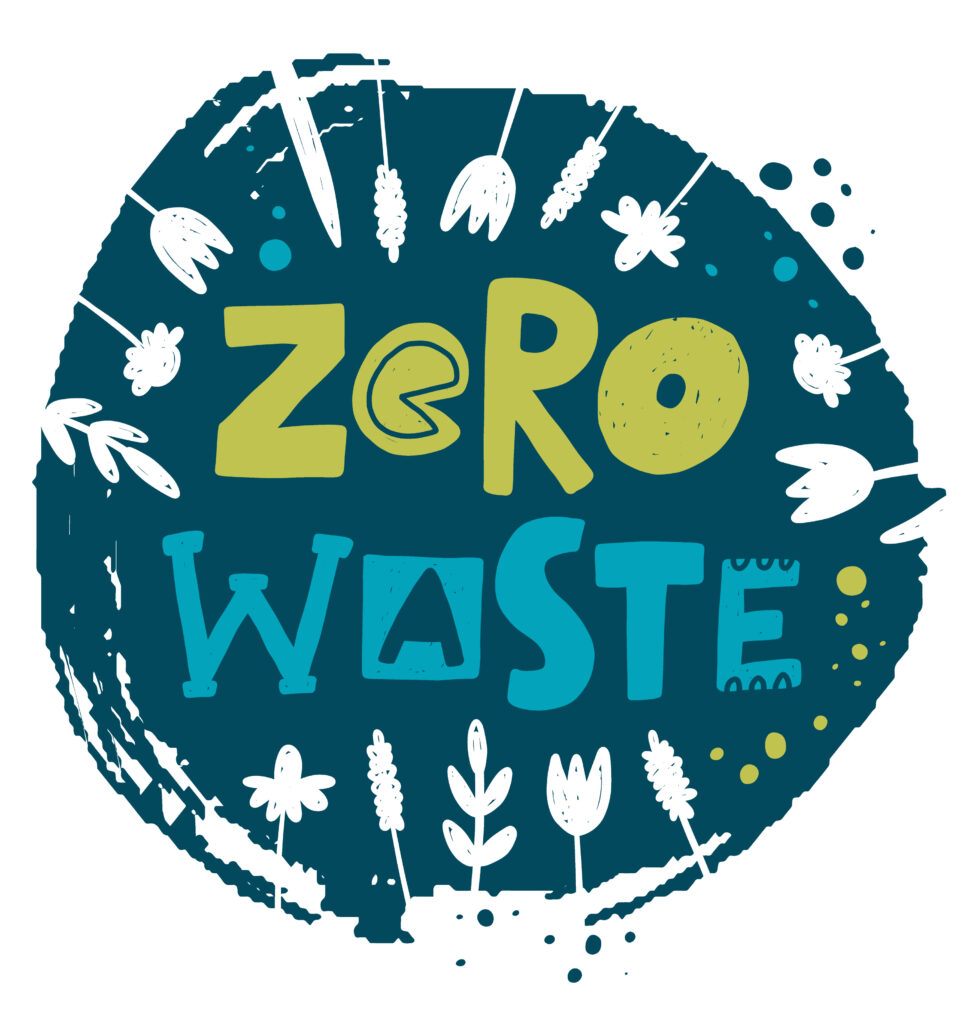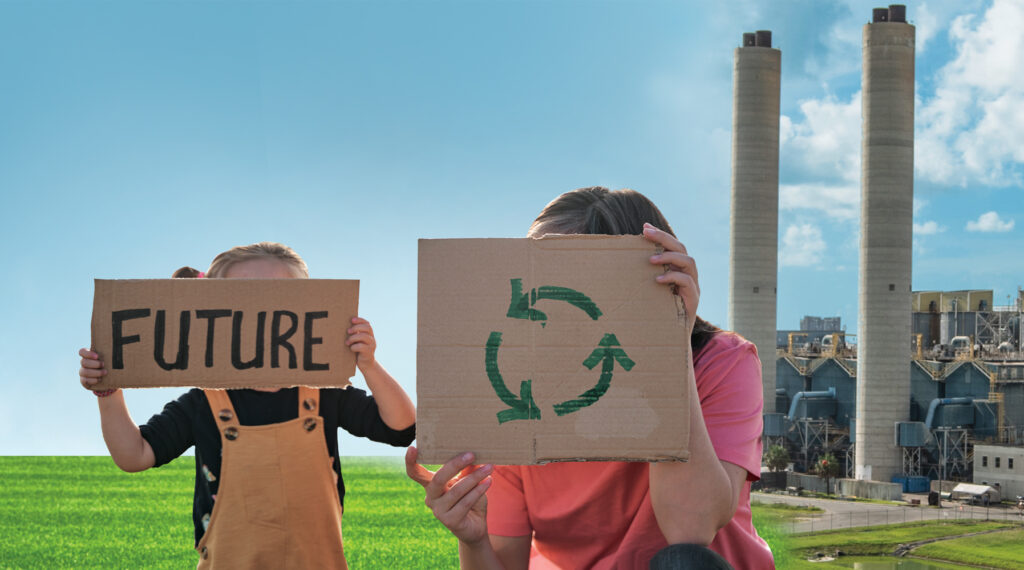For a future with less waste! A goal we can achieve together.
By: Diana Bello Aristizábal
We live in a consumer society in which comfort prevails above everything else. This makes us forget the impact of our actions on collective issues. A good example of this is the amount of waste we produce in Miami-Dade, a problem created by all of us that was made evident with the controversy surrounding Covanta’s waste-to-energy facility.
The on-going dispute about where to relocate this plant of Doral, now closed following an ignited fire in February 2023, has raised a concern: We are generating too much waste. The total waste stream of this county was approximately 4.6 million tons in fiscal year 2021, according to a report from the Miami-Dade County Department of Solid Waste Management.
The problem of the excessive waste came up again and again at a county commissioners’ meeting, that took place on September 19, in which everyone agreed we would have a less serious inconvenient with Covanta if only there was more responsibility around waste management at a governmental, corporate, and individual level.
The responsibility of decision makers
When we talk about waste management, it’s impossible to ignore the role that governments play in this discussion, since, through the laws they pass, they make the task of reducing waste easier or harder.
In Miami-Dade and the different municipalities that integrate it, one of the obstacles to overcome is that in Florida there is a law that prevents local governments from banning single-use plastic items such as bags, which are known to significantly increase the amount of waste we create, under penalty of being sued.
However, this doesn’t mean there aren’t alternatives to address the issue. What it means is that we need to disseminate knowledge about good practices that encourages all of us, from the individual that holds a power position to the producer and the regular consumer, to reduce waste production, understanding that this benefits us as a collective.
According to the U.S. Environmental Protection Agency (EPA), recycling, one of the most effective methods to reduce waste, although not the only one, saves energy, reduces greenhouse gas emissions, protects, and expands manufacturing jobs, and helps sustain the environment for future generations, among other benefits.
 “While this is a shared responsibility, it is policymakers who must educate themselves on ways to process waste other than landfilling or incineration. They have the responsibility of creating programs, educating people, and providing opportunities so that the everyday person can, for example, recycle,” says Dominique Burkhardt, senior attorney at Earthjustice Florida office.
“While this is a shared responsibility, it is policymakers who must educate themselves on ways to process waste other than landfilling or incineration. They have the responsibility of creating programs, educating people, and providing opportunities so that the everyday person can, for example, recycle,” says Dominique Burkhardt, senior attorney at Earthjustice Florida office.
One of them is the zero-waste management strategy that Miami-Dade Mayor Daniella Levine Cava has set to carry out. This is a comprehensive master plan that seeks to change producer responsibilities, consumer practices, regulations, and recycling markets, as well as to use other mechanisms to make society waste less.
“A zero-waste approach doesn’t mean overnight there’s not going to be more waste. It is, instead, a way of reducing what gets sent to landfills and then creating other ways of managing waste that are better for the environment and for people’s health,” explains Burkhardt.
But according to the attorney, for this strategy to be effective it’s important that there is first an understanding of what are people throwing out and how much so that we can know how to plan to recycle or compost them, for example, whatever the case may be. It all starts by having those studies done to later validate or dismiss the strategy.
However, it should be noted that moving this issue forward doesn’t depend only on the mayor’s office but also on county commissioners who vote on the matter and on constituents who must educate themselves about the implications of creating too much waste, as well as approach elected officials, attend commissioners and community meetings and, in general, actively participate in decision making.
We reached out to the mayor’s office for comments about the county’s efforts, but we didn’t receive any response by press time.
Local and individual initiatives
Just as the county mayor’s office is working towards reducing waste, so is the City of Doral. The local administration is planning to create incentives that encourage people to do their part. “I am currently working on a recycling program for Doral. When I was a councilwoman, I wanted to eliminate the use of plastic bags and straws in businesses, but since I can’t do that due to the state law, the focus now is to define a framework in compliance with the law that makes Doral part of the solution,” Doral’s Mayor, Christi Fraga, explains.
Although there is still no clarity on when this program would be launched, the purpose will be to teach residents how to recycle. “It will be an educational campaign to change the mindset around waste management. “We don’t have the resources to own a recycling plant, but if we start training the community and making them responsible for their consumption, then we will be on the right track.”
“It is a reality that we don’t know how to recycle properly, nor have we been taught to do so,” says the mayor, adding that no matter where Covanta’s facility is placed, we must become better at the art of producing less waste.
“Is as simple as stopping using bottles, plastic bags and straws and opting for cloth towels instead of paper towels. You don’t have to completely change your lifestyle, but you have to start somewhere.”
Other practices include buying food in bulk and storing it in reusable containers, composting, not buying vegetables packaged in plastic, planning meals to avoid waste, and supporting local farmers and sustainable brands. It’s about being responsible in each consumption decision knowing we’re the ones who will suffer the consequences if there is no real and sustained change.

